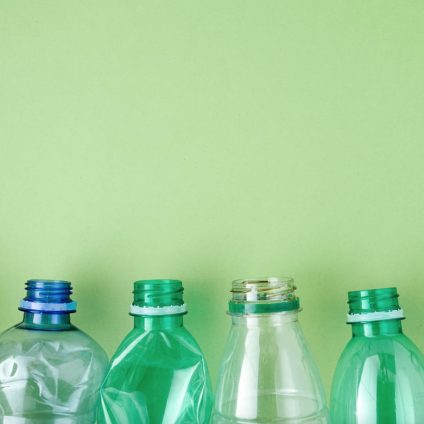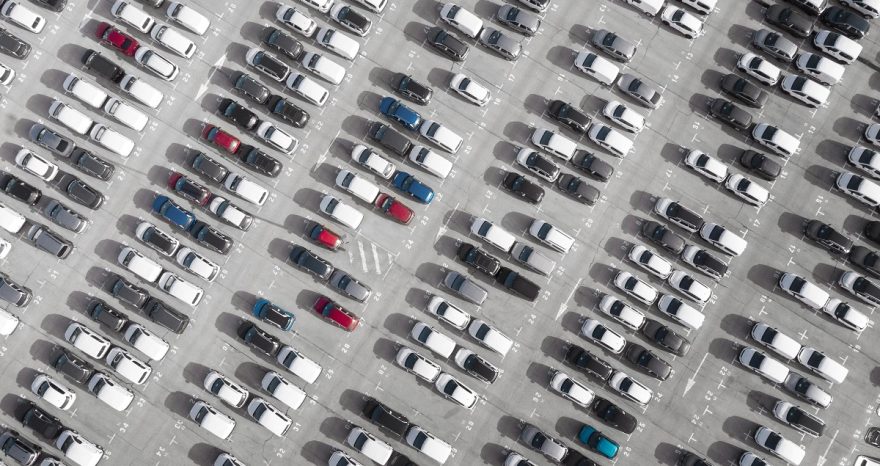On Sunday, December 1st, the INC-5, the 5th and final round of negotiations that began in 2022 to establish a global agreement against plastic pollution and create a negotiation process similar to the COPs on climate, biodiversity, and desertification established in 1992, will conclude. Oil-producing countries are obstructing the process, with Saudi Arabia leading the way

We are still far from a global plastic treaty. Even farther from a good agreement that adequately addresses the entire lifecycle of plastic products, including production.
Less than 48 hours remain until the end of the UN negotiations (INC-5) in Busan, South Korea, to reach an agreement on how to limit plastic pollution worldwide. The latest draft—a non-paper prepared by the presidency of the negotiations, made public on the morning of Friday, November 29th—makes little progress.
Read here the latest version of the global agreement to limit plastic pollution.
Saudi Arabia Obstructs Negotiations
The negotiations for the global plastic treaty must conclude by December 1st. However, in the five days already passed, the national delegations present in Busan have reported a climate even worse than that of COP29 in Baku.
Countries that have opposed an agreement since 2022, the start of the negotiation process, continue to hinder the dialogue. Many countries have singled out Saudi Arabia. The Gulf nation, one of the world’s leading producers of oil and petrochemical products, is accused of not having changed its initial position one bit, and therefore, not negotiating in good faith.
Saudi Arabia is certainly not the only country obstructing the global treaty that aims to end plastic pollution (and it’s not just governments—CIEL has identified 221 oil and gas lobbyists in Busan). However, the rules of the UN negotiations—just like the COP process—grant veto power to all states: decisions must be made by consensus. In Busan, the situation is so critical that Panama’s delegation directly proposed abandoning the consensus rule.
Global Plastic Treaty: Stuck in Limbo
The latest draft does little to resolve the issues dividing oil-producing countries and those involved in petrochemical precursors for plastic products from the more ambitious nations that suffer the most from plastic pollution. The text is still full of alternative options: all the proposals put forward by countries are still on the table, with almost no trace of compromise.
- Despite nearly three years of meetings and negotiations, there is still no shared definition of plastic, plastic pollution, plastic products, or plastic waste. The definitions under discussion are, respectively, 8, 5, 4, and again 5.
- There is no unified definition of the treaty’s scope. Both maximalist options, which are supported by UN agencies and call for addressing plastic production by introducing limitations (Article 6), and minimalist options, which only seek to enhance recycling (thus completely removing Article 6), remain on the table.
- There is no agreement even on what should be the core principles of this global plastic treaty. Three options are included in the latest draft: one prioritizing the “polluter pays” principle, and another claiming the right of each country to exploit its natural resources as it sees fit.












